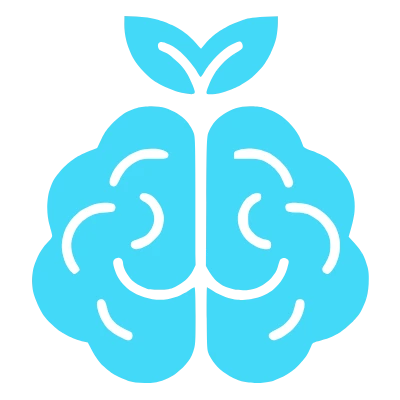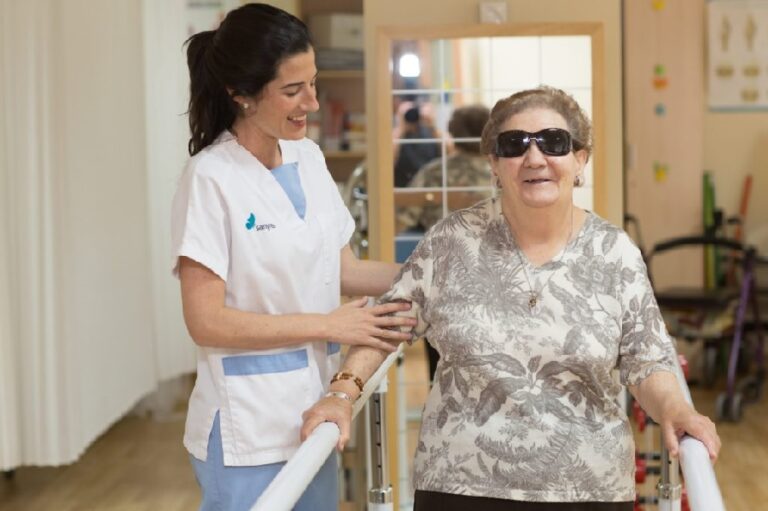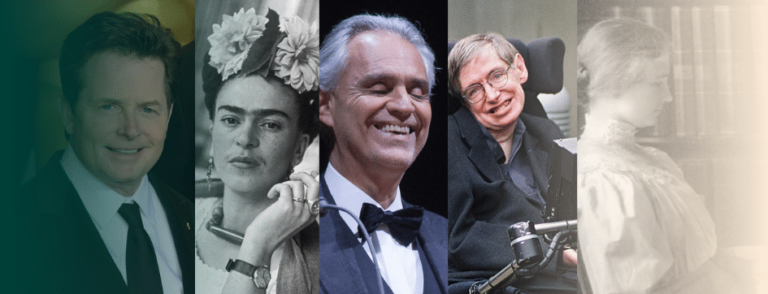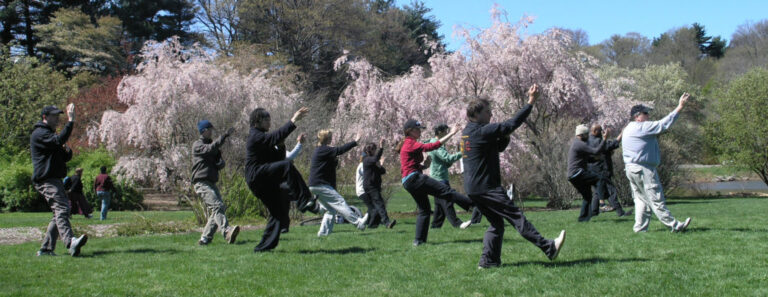Self-determination is the ability of a person to make their own decisions and control their life based on their values, preferences and beliefs.
This plays a very important role throughout our lives at all stages, but as we age, the relationship between quality of life and self-determination is significant.
During old age, the ability to make decisions can help us maintain a sense of purpose and meaning in life, influencing our emotional well-being, our physical health and social participation.
Keys to improving well-being thanks to self-determination
- Emotional well-being: People who have the ability to make decisions and/or maintain control over personal and life decisions experience a greater sense of satisfaction and emotional well-being, and can reduce stress, anxiety and depression. Likewise, it improves self-esteem and confidence.
- Physical health: the sense of self-determination can promote healthy behaviors, we place the responsibility for one’s own health on the person to promote these habits, supported by their own decision and personal assessment.
- Social participation: maintaining relationships and social participation that are meaningful to the person can prevent social isolation and promote active aging through personal motivation.
What can we do to promote self-determination in older adults?
It is important that the person feels that they have control over the direction of their life, which is why it is essential to promote decision-making by giving adequate information and adapt the speech if necessary for understanding. If this decision-making is not possible, we will always encourage your participation as far as possible and we will take into account your life story or your experiences for this purpose.
Respecting their autonomy and independence and knowing how to differentiate the two is very important in promoting self-determination.
We will define autonomy as the ability to make decisions and independence as the ability to carry out activities and tasks on one’s own.
A person can be autonomous but dependent, you have to know how to differentiate this and pay attention to a person’s preferences and decisions, even though they physically cannot make them themselves.
In order to respect this, it is necessary to provide options and opportunities to control one’s own decisions.
What consequences can a lack of self-determination cause?
In contrast to this, the lack of self-determination can bring:
- Dependency. With the lack of autonomy comes dependency with the consequent feeling of uselessness and the possible progressive loss of capabilities.
For example: we have a person who has difficulty dressing; Can we give them a choice of clothes (tastes, preferences)? Can we give him the time or adaptations he needs so that he can do it independently or with some independence?
- Loss of self-esteem: the loss of control over one’s life results in loss of confidence, giving way to feelings of sadness and loss of worth.
- Impact on mental and cognitive health: Feeling a lack of control can contribute to the development of mental health problems such as anxiety and depression. On a cognitive level, stopping making decisions or not having to deal with the aspects that surround you daily is a lack of daily stimulation. which can negatively impact self-determination.
- Limitation of opportunities and isolation: as we have seen previously, participation in meaningful activities promotes active aging. On the contrary, the lack of autonomy can restrict these opportunities, limiting social participation.
Promoting self-determination in old age is key to healthy and satisfactory aging
Promoting self-determination in older people is essential to preserve their quality of life. By promoting autonomy and encouraging independence, we contribute significantly to healthier and more rewarding aging.
At the family level and as formal and informal caregivers, asking questions, facilitating decision-making at any level, taking into account the life history, beliefs and particularities of the person, will favor the maintenance of self-determination, the adequacy of care and the emotional and physical well-being of the family members and people we care for. Furthermore, as a society, it is essential to recognize and support self-determination, avoiding the adoption of negative stereotypes about old age or discriminatory attitudes based on age. These prejudices can underestimate the capabilities of older people, leading to overprotective or infantilizing behaviors that deny them control, decision-making, and active participation in the community.






